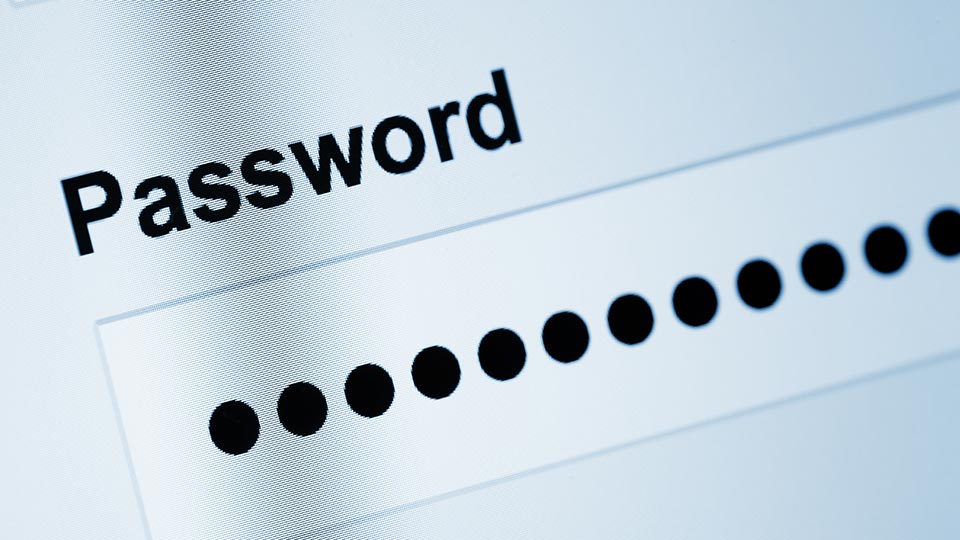‘Tis the season – sales, scammers and security

‘Tis the season – sales, scammers and security – an update from Holden & Partners’ Compliance Director, Simon Grimmond.
We’re at that time of the year when daylight is at a premium and focus turns to the commercial heavyweights of Black Friday (Thanksgiving) and Christmas.
Whilst for many these are a time of celebration and for spending time with friends and family, in an ever-increasing digital world there are some risks we should all consider. Shoppers lost over £10 million to cyber criminals during last year’s festive shopping period, with 25–34 year olds most likely to fall victim.1
Talking of time, there are many different views towards the lockdowns during Covid and experiences did vary. However, the one thing those periods when the world paused did give most of us was a slower pace of life and more time.
Most decisions we have to make are better with a period of reflection allowing us to weigh up all possibilities. Juggling work, family life and everything else is a struggle but we now benefit from technological advancements to such a degree that for most of us we carry around so much of our personal data, information and life in a small device in our pockets, coats, bags or hands.
Put together those ingredients of busy people and the need to make spending or financial decisions often very quickly and it gives great opportunity to those who are out to exploit any vulnerability.
Sadly, that is scammers and hackers. We’ve moved on from the need for them to wade through bins and rubbish to obtain a scrap of personal data – however, you should still always shred any documents at home that contain personal identifiers (such as name, address, date of birth) – the sophisticated scammer of the 2020s can do all their work electronically.
When we talk about time and patience, scammers have both in abundance. Early attempts at conning people via email would entail elaborate tales of faraway princes or lottery wins when you haven’t bought a ticket, but these would often be easily identifiable from dodgy looking email addresses to spelling/grammar errors.
What the scammer of today will do is sit, watch and analyse so they can build a picture of your communications and those who communicate with you and then build emails that look genuine and are far harder to spot.
So how can you better protect yourself?
- Don’t share your passwords with anyone
- Make sure your password is strong. Obvious passwords are easy to remember but also make them easier to hack. It is recommended that your password should be as long as possible, preferably 12 characters or more and contain a mixture of upper- and lower-case letters, numbers and symbols
- Set up Two-Factor Authentication. Mobile devices now come with pins, thumb print or facial recognition options, so use them
- Do not click on links in emails unless they are from a confirmed source
- Be wary of public Wi-Fi hotspots. You should really only use secure hubs, and for doing anything relating to sensitive data this is essential
Telephone scams on the rise
Another area to be wary of is unsolicited calls. You may be like me and refuse to answer calls from any unrecognised numbers, in which case your chances of being scammed are zero! I just checked and in the past two months I’ve received 20 calls to my mobile from numbers not saved in my contacts. Of those, how many left me a voicemail? 0. If someone has a legitimate reason to contact you, they will leave a message or find another means to communicate.
Some scammers have devised the ability to ‘spoof’ trusted phone numbers like bank and card companies, where they modify the Caller ID displayed to pretend to be a well-known institution.2 If you answer a call from a number you believe to be your bank or other trusted source, do not provide any personal information until you are completely satisfied the caller is genuine. The best step is to establish who is calling and the purpose and then terminate the call and ring back on their published phoneline. Look up this number yourself, do not rely on information provided by the caller. A genuine caller will recognise this as an acceptable course of action.
Data security at Holden & Partners
Accepting that data security is of utmost importance, what do we do at Holden & Partners to protect our client data?
- We have recently improved the security of our email communications to clients which encrypt messages meaning if they are intercepted a hacker cannot read them (we recently sent out details on this directly to all clients, if you need to see a copy, just ask your adviser)
- We provide clients with the option to communicate with us via a secure portal rather than by email
- We have processes in place to authenticate any requests from clients regarding requests for funds. If this is received by email, we will call the client to confirm it is legitimate before we action
- When we ask clients to send money, we speak to clients to confirm the details, so we are not relying on one method of communication
- We are constantly reviewing our IT policies and data security. We are Cyber Essentials accredited; this is a Government backed scheme and focuses on the security of our firewalls, malware protection and vulnerability management
If you are ever in any doubt about the authenticity of a communication you receive, even from those you regularly communicate with, then pause and consider whether it is legitimate. If you receive anything unsolicited purporting to be from Holden & Partners, then speak to us before you take any action.
Top 3 tips
You wouldn’t leave your back door open at home whilst locking the front door, so by putting in place a few simple steps you can better protect your personal information. As a final reminder, my 3 top tips are:
- Use secure passwords, do not share them and preferably do not use the same password more than once
- Do not give away any personal information over the phone until you are 100% certain you are talking to the right person
- If in doubt, CHECK! It’s better to take two extra minutes to verify someone’s identity than spend hours, day, months after regretting something done in haste
If you want more information or have any questions, please contact your adviser and we will provide you with the assistance you need.
Above all, stay healthy, happy and safe spending!
2 https://www.ofcom.org.uk/phones-telecoms-and-internet/advice-for-consumers/scams/phone-spoof-scam




